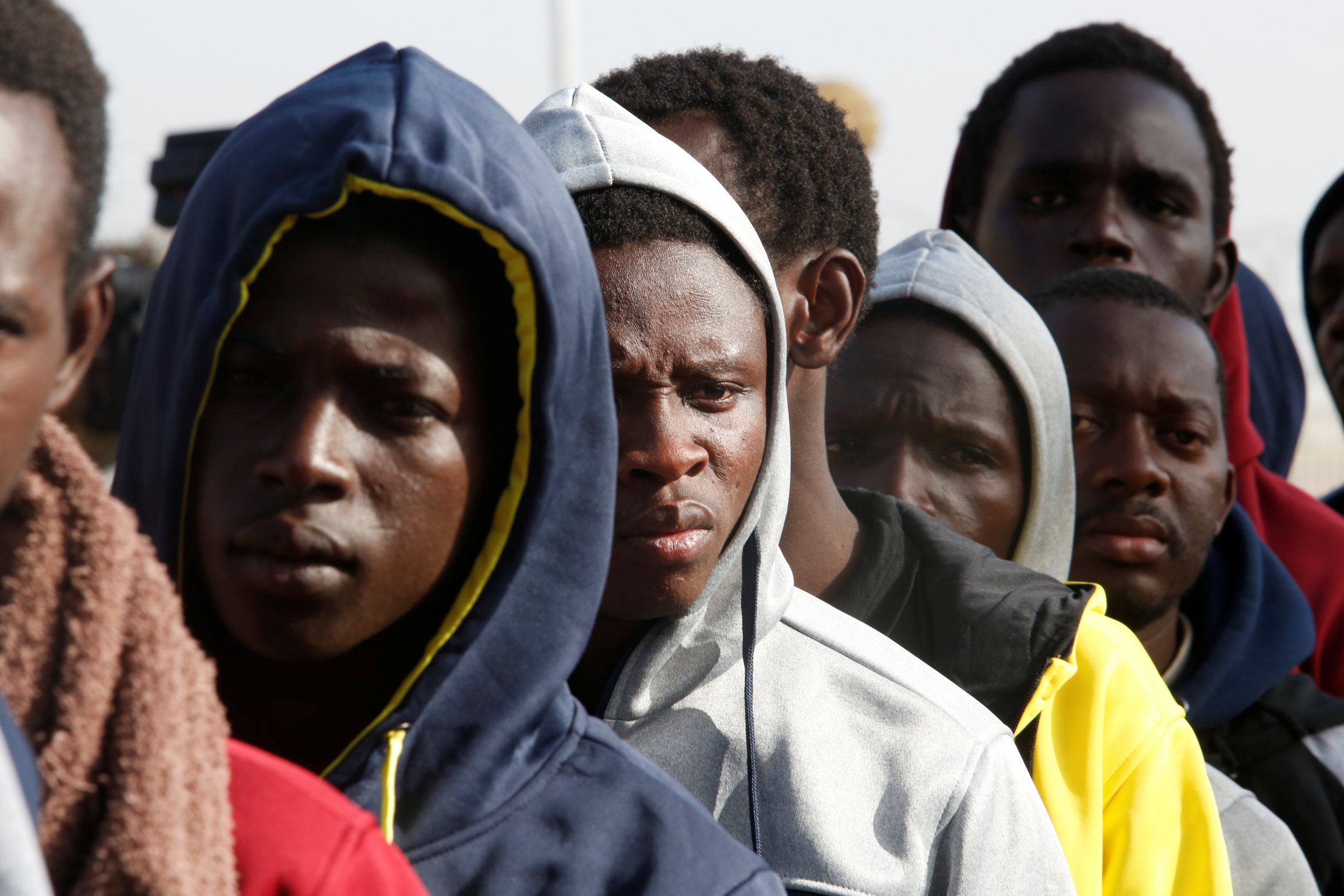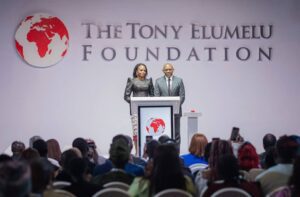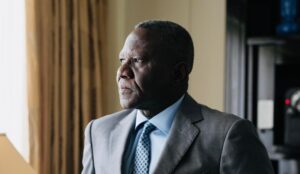
In the bustling city of Lagos, Nigeria, the vibrant markets are filled with the rich aroma of spices, the vibrant colors of textiles, and the lively chatter of vendors and customers. For years, Lagos had been a thriving hub for trade, both within Nigeria and across Africa. However, the imposition of trade sanctions on the country had begun to cast a long shadow over this once-booming trade scene.
1. The Genesis of Trade Sanctions
The imposition of trade sanctions on Nigeria had roots in a political conflict that had escalated over time. The government of President Chukwudi Okafor was accused of human rights abuses and corruption, leading to sanctions from major Western nations and international bodies. These sanctions included restrictions on exports and imports, freezing of assets, and prohibitions on certain financial transactions. The goal was to pressure the Nigerian government into reform and improve its human rights record.
In the heart of Lagos, the sanctions hit hard. Shops and markets that had once thrived with imports of electronics, textiles, and luxury goods now faced shortages. The cost of living soared as goods became scarcer and more expensive. Local businesses, such as Amina’s textile shop, struggled to keep their doors open.
2. Economic Ripple Effects
Amina Abiola owned a small textile shop in the bustling Balogun Market. For years, her business had flourished, catering to both local customers and international buyers. But the sanctions changed everything. The shortage of raw materials from Europe and Asia meant that Amina’s shop had to reduce its inventory. She could no longer offer the wide range of fabrics that had once made her shop a favorite among Lagos’ fashion enthusiasts.
Amina’s experience was not unique. Across Lagos, businesses that depended on imported goods were feeling the strain. The cost of goods had risen, and many small businesses faced closure. The once-bustling market streets became quieter as customers tightened their belts and spent less.
3. Political Ramifications
The economic hardships brought about by the sanctions had far-reaching political implications. In the government offices of Abuja, the capital of Nigeria, President Okafor and his advisors debated the best course of action. The pressure from the international community to address human rights abuses was mounting, and the economic impact of the sanctions was starting to erode public support for the administration.
In contrast, opposition leaders like Emmanuel Osei saw an opportunity to capitalize on the situation. They criticized the government’s handling of the crisis and called for reform. Osei, a prominent figure in Nigerian politics, argued that the sanctions were a direct result of the government’s failure to address corruption and human rights issues. He advocated for increased transparency and accountability.
4. Humanitarian Impact
The sanctions also had a profound impact on the everyday lives of ordinary Nigerians. In the northern city of Kano, where agricultural products were a significant part of the economy, farmers like Ibrahim Musa felt the effects of the sanctions acutely. The restrictions on exports meant that Kano’s agricultural products, such as grains and vegetables, faced reduced demand from international markets.
Ibrahim’s farm had been struggling to find buyers for its produce, and the prices had plummeted. With less income, Ibrahim found it challenging to support his family and invest in improving his farm. The ripple effects of the sanctions reached far beyond the urban centers, affecting rural communities and their livelihoods.
5. Regional Trade Dynamics
The sanctions on Nigeria also had implications for regional trade dynamics in West Africa. Neighboring countries, such as Ghana and Benin, which had traditionally engaged in cross-border trade with Nigeria, were now facing disruptions. The reduced flow of goods and increased costs led to a slowdown in regional trade and economic activity.
In Accra, Ghana, traders like Kwame Mensah noticed a decline in the volume of trade with Nigeria. His import-export business, which had relied on Nigerian goods, was struggling to maintain profitability. The reduced economic activity in Nigeria had a cascading effect on neighboring economies, highlighting the interconnected nature of regional trade.
6. Diplomatic Efforts
Amidst the economic and political turmoil, diplomatic efforts were underway to address the situation. In Addis Ababa, the headquarters of the African Union, leaders from across the continent convened to discuss the impact of the sanctions on Nigeria and the broader region. The African Union, led by Chairperson Niaja N’gou, called for a dialogue between the Nigerian government and international stakeholders.
Niaja N’gou emphasized the need for a balanced approach that considered both the political objectives of the sanctions and the humanitarian consequences. She advocated for targeted measures that would address specific issues without causing undue harm to the civilian population. The African Union’s stance reflected a desire to find a resolution that would promote stability and economic recovery in the region.
7. The Path Forward
As the situation in Nigeria continued to evolve, the path forward remained uncertain. The sanctions had created significant challenges, but they also opened up opportunities for reform and growth. In Lagos, Amina and other business owners were exploring ways to adapt to the new reality. Some were diversifying their product offerings, seeking alternative suppliers, and finding innovative ways to reach customers.
In Abuja, President Okafor’s administration was under pressure to address the issues that had led to the sanctions. The government was engaging in negotiations with international partners and taking steps to improve transparency and accountability. The political landscape was shifting, and there was a growing recognition of the need for meaningful reform.
In Kano, Ibrahim Musa and other farmers were working to strengthen local markets and reduce their dependence on international exports. They were exploring new agricultural practices and building partnerships with regional buyers to create more resilient supply chains.
8. Conclusion
Trade sanctions, while designed to address political and human rights issues, have complex and far-reaching effects. The case of Nigeria illustrates how sanctions can impact not only the targeted nation but also the broader region. The economic challenges faced by businesses and individuals, the political ramifications, and the humanitarian impact all underscore the need for a nuanced approach to sanctions and diplomacy.
As Nigeria navigates the path forward, the lessons learned from this experience will be valuable for shaping future policies and strategies. The interconnected nature of global trade and politics means that finding solutions requires collaboration, understanding, and a commitment to addressing both the immediate and long-term consequences of sanctions.
The story of Lagos, Kano, Accra, and Addis Ababa highlights the resilience and adaptability of individuals and communities in the face of adversity. It also serves as a reminder of the importance of pursuing diplomatic solutions that balance political objectives with the well-being of affected populations.
Have a press release, feature, article for publication? Send it to us via Whatsapp on +233543452542








